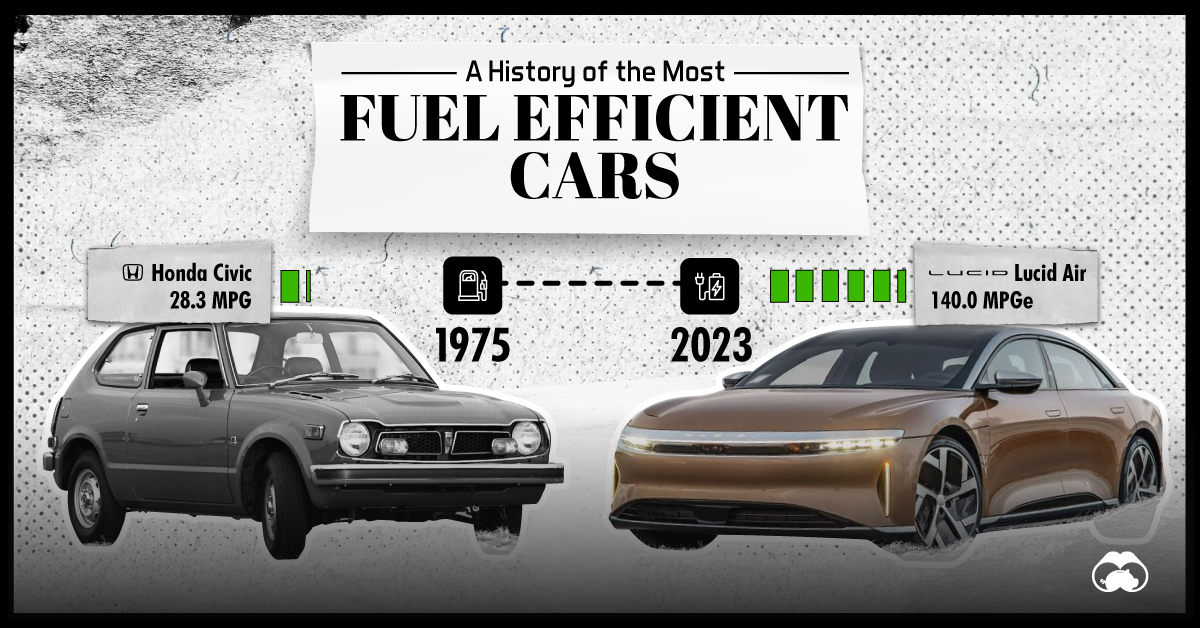Viva Resa: Your Gateway to Insightful Living
Discover news, trends, and tips for a vibrant lifestyle.
Confessions of a Fuel-Efficient Car Owner
Discover the secrets and surprising perks of owning a fuel-efficient car—save money, take the road less traveled, and enjoy every mile!
Top 5 Tips for Maximizing Your Fuel Efficiency
Maximizing your fuel efficiency is not just about saving money at the pump; it's also essential for reducing your carbon footprint. Here are some effective strategies you can implement:
- Maintain your vehicle: Regular maintenance, such as oil changes and air filter replacements, can significantly improve fuel efficiency. A well-tuned engine operates more effectively, using fuel more efficiently.
- Drive smart: Avoid aggressive driving habits like rapid acceleration and hard braking. Smooth driving promotes optimal fuel use. Also, try to maintain a steady speed, especially on the highway, as this is a key factor in maximizing fuel efficiency.
- Reduce weight: Extra cargo in your car can decrease fuel economy. Remove unnecessary items from your vehicle and avoid roof racks when they’re not in use.
- Check tire pressure: Properly inflated tires reduce friction and can improve fuel efficiency by up to 3%. Make it a habit to check tire pressure monthly.
- Plan your routes: Use GPS or mapping apps to find the most efficient route. Shorter, less congested routes can save you time and fuel.

The Environmental Benefits of Driving a Fuel-Efficient Car
Driving a fuel-efficient car significantly reduces carbon emissions, which is one of the primary contributors to climate change. By consuming less fuel, these vehicles help decrease the amount of greenhouse gases released into the atmosphere. According to environmental studies, each gallon of gasoline burned produces about 19.6 pounds of carbon dioxide, meaning that the less fuel we use, the less pollution we create. This transition toward more efficient vehicles can lead to improved air quality, benefiting not only the environment but also public health.
Furthermore, adopting fuel-efficient cars can reduce our dependency on fossil fuels, promoting a shift toward sustainable energy sources. As consumers increasingly choose eco-friendly vehicles, automakers are incentivized to innovate and develop technologies that minimize environmental impact. Each fuel-efficient car on the road contributes to the preservation of natural resources and helps mitigate the detrimental effects of oil extraction and transportation. In essence, choosing a fuel-efficient car is not just a personal decision; it's a commitment to a more sustainable and healthier planet.
What to Look for When Buying a Fuel-Efficient Vehicle
When considering a fuel-efficient vehicle, it's essential to examine various factors that contribute to overall efficiency. First, look at the vehicle's miles per gallon (MPG) ratings, which indicate how far the vehicle can travel on a gallon of fuel. Generally, hybrid and electric vehicles offer superior MPG ratings compared to traditional combustion engines. Additionally, consider the vehicle's weight; lighter cars typically require less energy to operate. Engine technology is another critical factor—vehicles equipped with turbocharged engines or those that utilize advanced fuel injection systems often achieve better efficiency.
Another important aspect to consider is the vehicle's aerodynamics. A car designed with a sleek, streamlined shape can reduce drag, leading to improved fuel economy. Furthermore, look for features that promote energy-saving, such as start-stop systems, which automatically shut off the engine at idle, or regenerative braking systems found in hybrids. Don't forget to evaluate the brand's reputation for reliability and maintenance costs, as a well-maintained vehicle will perform more efficiently over time. Keep all these factors in mind to ensure you make an informed decision when purchasing your next fuel-efficient vehicle.